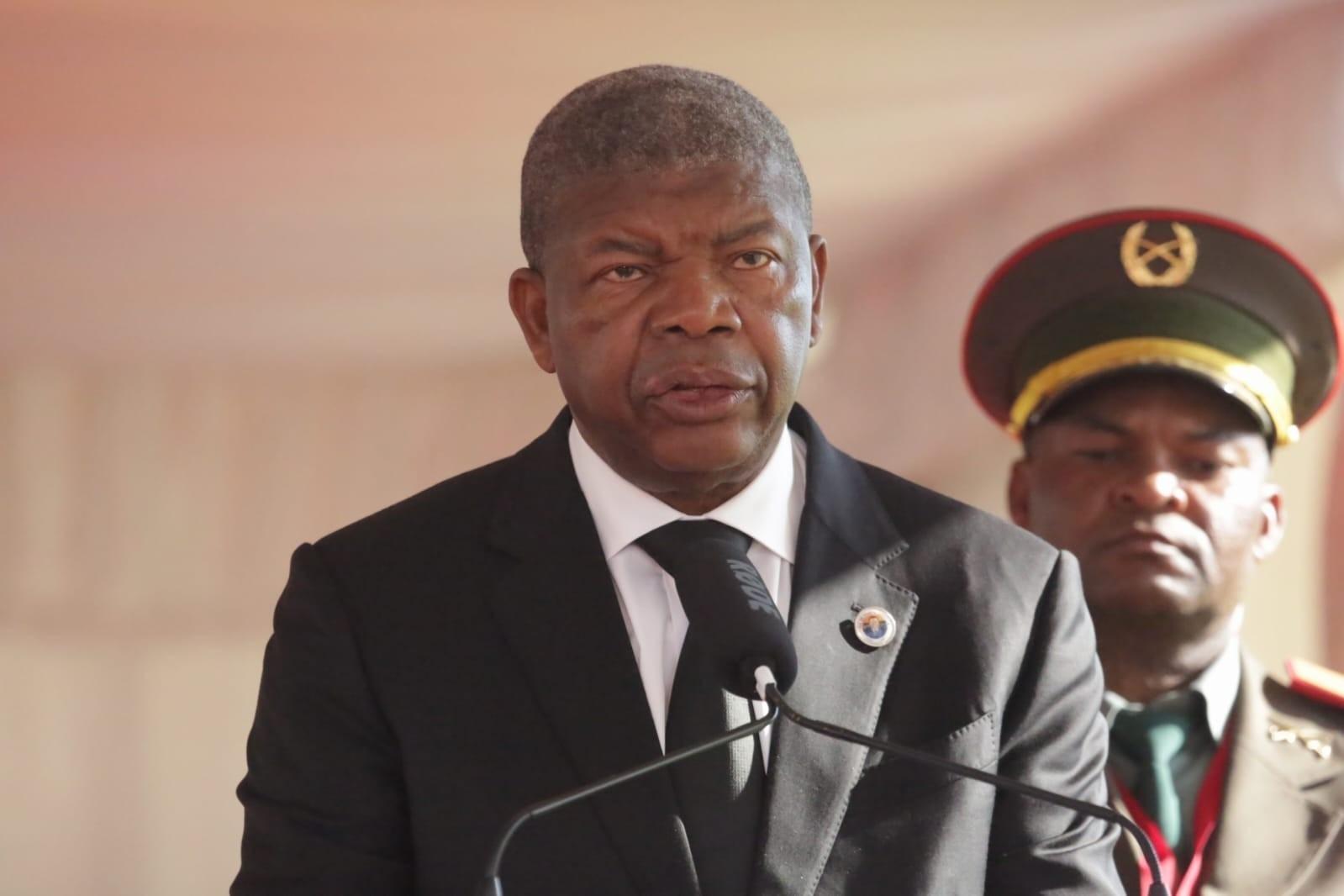By Adérito Ferreira
Africa-Press – Angola. Angola marks another participation on Sunday in Malabo, Equatorial Guinea, at a biannual coordination meeting between the African Union (AU), regional economic communities (RECs), and regional mechanisms (RMs), but this time at the highest level of Africa’s main political and diplomatic forum.
Due to his rotating leadership of the AU, Angolan Head of State João Lourenço will chair the seventh AU/REC/RM Six-Monthly Coordination Meeting, unlike on previous occasions when he had less visible roles, although always very committed to the continent’s development.
This was the case in July last year in Accra (Ghana) at the sixth biannual session when, as president of one of the eight RECs, the Southern African Development Community (SADC), João Lourenço called for continued commitment to overcoming the many existing challenges and seeking the best methods and means to fulfill the continental integration agenda.
On that occasion, João Lourenço highlighted the immense challenges and threats that hindered the implementation and fulfillment of the objectives for integration, conditioning the stability, self-affirmation, progress, and development of the continent.
In general, regional integration has been one of the backdrop themes of the various biannual meetings, with the Angolan statesman guaranteeing SADC’s commitment to cooperate and work towards the elimination of geographical and other barriers, with the aim of facilitating the free movement of people, goods and services, technology, and capital between countries.
Lourenço stressed on that occasion that continental and regional integration remains the main strategy that will enable the expansion of markets, broaden the continent’s economic space, and reap the best benefits for African populations.
For this Sunday’s meeting, led by Angola, the agenda includes about ten items, and, without deviation, the State of Regional and Continental Integration will be one of the first and most extensive reports under discussion.
Press has learnt that structural disparities between RECs, delays in ratifying African Union and REC protocols, weak policy convergence, and unequal access to infrastructure and services continue to limit member states’ ability to fully benefit from the progress made in regional integration.
In addition, major external challenges such as the resurgence of protectionist trade policies, particularly in the United States of America, ongoing global geo-economic tensions, and the weakening of multilateralism are undermining Africa’s prospects for integration into global value chains, issues that will also be on the table.
Broadly speaking, the work will focus on the traditional political and economic pillars, linked to human and social issues, and infrastructure, which, if well harmonized, can serve as driving forces for continental integration and realize the aspirations of Agenda 2063, commonly known as “The Africa We Want.”
In the first (political) pillar, it is argued that institutional and security consolidation is making progress in several regions, supported by legal instruments and the entry into operation of regional bodies, with the best-performing RECs being those that have established regional parliaments, functional courts of justice, or active peace and security mechanisms.
In the economic sphere, it is recognized that where free trade regimes have been implemented, RECs demonstrate stronger performance, particularly in facilitating intra-regional trade, but macroeconomic integration and industrial convergence remain fragmented, reflecting the persistence of national economic policies.
In the Human and Social pillar, improvements are recommended in the “modest performance” reflected in the absence of a common system for the recognition of qualifications, facilitated mobility of people, or jointly developed regional programs in the social and educational areas, limiting the full realization of people-centered integration.
With regard to the Infrastructure pillar, although the Programme for Infrastructure Development in Africa (PIDA) exists, it suffers from “poor coordination between Member States” and limited funding for its implementation.
Accordingly, less than two weeks ago, the President of the African Union, João Lourenço, took advantage of the 4th International Conference on Financing for Development, held in Seville, to emphasize that there will be no development on the African continent without solid and functional infrastructure.
For the Angolan statesman, the limited capacity for electricity production and transportation, the poor network of roads and highways connecting countries, low investment in telecommunications and information technology, among other factors, hindered economic growth and development on the continent.
Lourenço reiterated that, in view of this, the African Union, at its summit in February this year, when he took over its leadership, decided to hold a major conference on the theme “Infrastructure as a Factor for Development in Africa.”
The event will take place in Angola in October this year (2025), with the aim of showing international partners the needs in the area of public or public-private investment and mobilizing resources.
The Malabo Summit is expected to take place between 10:00 a.m. and 3:00 p.m. (same time in Angola) with the President of the AU and Angola speaking at the beginning and end, as will the host, Teodoro Obiang Nguema Mbasogo, President of the Republic of Equatorial Guinea.
The President of the African Union Commission (AUC), Mahmoud Ali Youssouf, will also speak at the opening ceremony of the 7th Biannual Coordination Meeting.
“Ongoing geopolitical developments and implications for Africa,” “Progress of the African Union Commission on the Implementation of the Theme of the Year 2025,” “Coordination and Harmonization of AU/REC Policies: I-RECKE: Lessons on structural conflict prevention at the regional and continental levels,“ and ”Division of Labor” are other topics on the agenda.
The 7th AU/REC/MR Semi-Annual Coordination Summit is a good opportunity for continental leaders to align themselves with the message delivered on Africa Day (May 25) by AU President João Lourenço, according to which “Africa no longer wants to be just a continent waiting for support, but rather a strategic actor in the making, offering solutions for itself and for the world.”
Source: ANGOP
For More News And Analysis About Angola Follow Africa-Press






